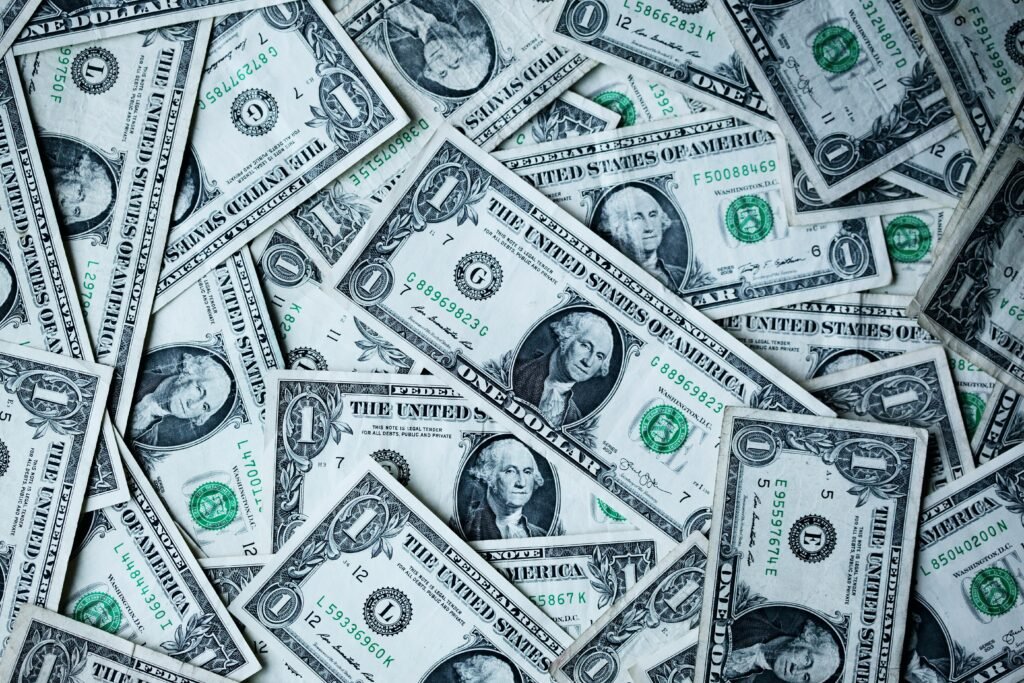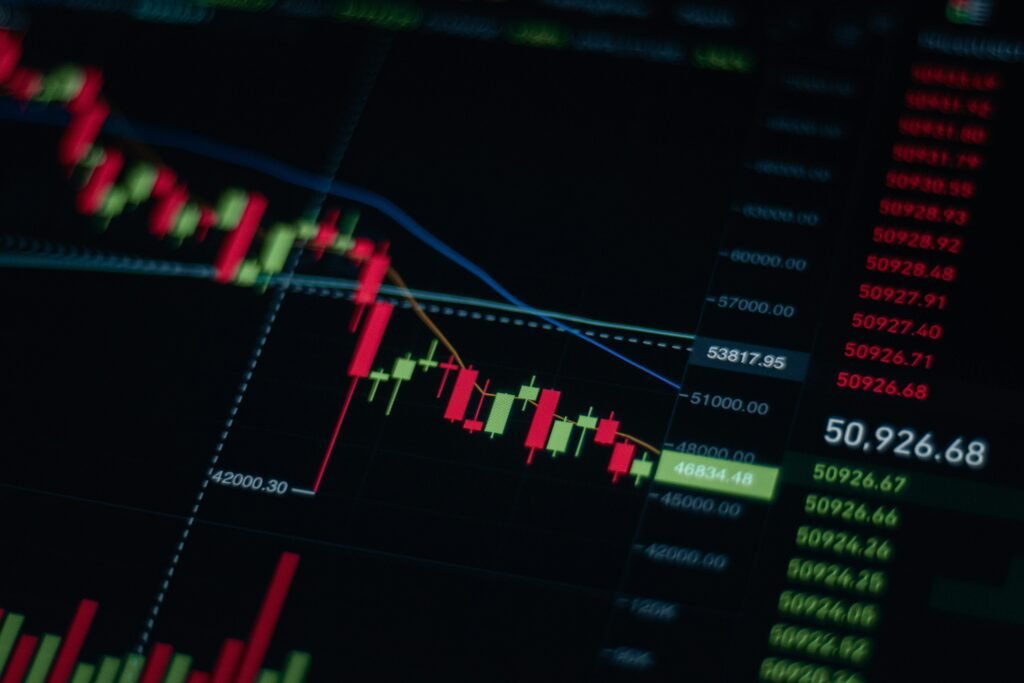Introduction: The Power of Passive Income
In this article, we’ll explore:
- What dividend stocks are
- How they work
- How to choose halal dividend-paying companies
Why starting early gives you a huge advantage
Imagine getting paid simply for owning a piece of a company. That’s the beauty of dividend stocks.
For young investors, they’re one of the easiest ways to start building passive income while staying halal and ethical.
Financially Independant
What Are Dividend Stocks?
When companies make profits, they can do two things:
- Reinvest back into the business.
- Share some profits with shareholders — this is called a dividend.
So, if you own a dividend stock, the company pays you regularly (usually every 3 months) just for being a shareholder.
It’s like planting a tree that grows fruit year after year — and the more trees you plant, the more fruit you get.
Why Dividend Stocks Are Great for Young Investors
- Passive Income Stream → You earn money without selling your stock.
- Long-Term Growth → Reinvesting dividends helps your money grow faster.
- Stability → Many dividend-paying companies are stable and less risky.
- Halal Opportunity → As long as the company is Shariah-compliant, dividends are halal income.
Starting in your teens or early 20s means dividends have decades to grow and compound.
Are Dividends Halal?
Dividends are halal if the company itself is halal. That means:
- No alcohol, gambling, pork, tobacco, or interest-based financial institutions.
- Debt levels within Shariah guidelines.
- Business activities are ethical.
To check this, you can use Islamic investment screeners like Zoya or look for Shariah-compliant stock lists.
Examples of Halal Dividend Stocks
While I can’t give financial advice, here are types of industries that often have halal dividend stocks:
- Technology (semiconductors, software)
- Healthcare (pharmaceuticals, hospitals, medical equipment)
- Consumer Goods (halal food producers, household items)
- Renewable Energy (solar, wind, clean energy)
These are sectors that provide real value and are generally halal-friendly.
How to Start Investing in Dividend Stocks (Step-by-Step)
- Open a Brokerage Account
- If you’re under 18, ask a parent for a custodial account.
- If you’re 18+, choose a halal-friendly broker or app.
- If you’re under 18, ask a parent for a custodial account.
- Screen for Halal Companies
- Use Zoya or Wahed Invest for Shariah-compliant filters.
- Use Zoya or Wahed Invest for Shariah-compliant filters.
- Pick a Dividend Stock
- Look at dividend yield (the % return you’ll get).
- Check if the company has a strong history of paying dividends.
- Look at dividend yield (the % return you’ll get).
- Buy Your First Shares
- Start small, even $50–$100.
- Remember: you’re not just buying for today, but for years ahead.
- Start small, even $50–$100.
- Reinvest Your Dividends
- Use a Dividend Reinvestment Plan (DRIP) if available.
- This way, your dividends automatically buy you more shares.
- Use a Dividend Reinvestment Plan (DRIP) if available.
The Power of Compounding with Dividends
Here’s why starting young is powerful:
- If you invest $1,000 in a halal stock paying a 4% dividend…
- You’ll earn $40 in the first year.
- If you reinvest those dividends every year for 30 years…
- Without adding new money, your $1,000 can grow to over $3,200 (depending on stock performance).
Now imagine adding $50 or $100 monthly on top — the growth becomes massive.
Risks of Dividend Stocks (and How to Stay Safe)
- Dividends are not guaranteed — a company can stop paying if it struggles.
- High dividend yields can be a trap — sometimes it means the company is in trouble.
- Diversify → Don’t put all your money into one stock. Spread across several halal companies or ETFs.
Conclusion: Your Path to Halal Passive Income
Dividend stocks are one of the simplest ways for young investors to:
1. Build halal passive income
2. Grow wealth steadily over time
3. Benefit from compounding
By starting now, you’ll give yourself decades of financial growth. The earlier you plant your “dividend tree,” the sooner you’ll enjoy the harvest.


